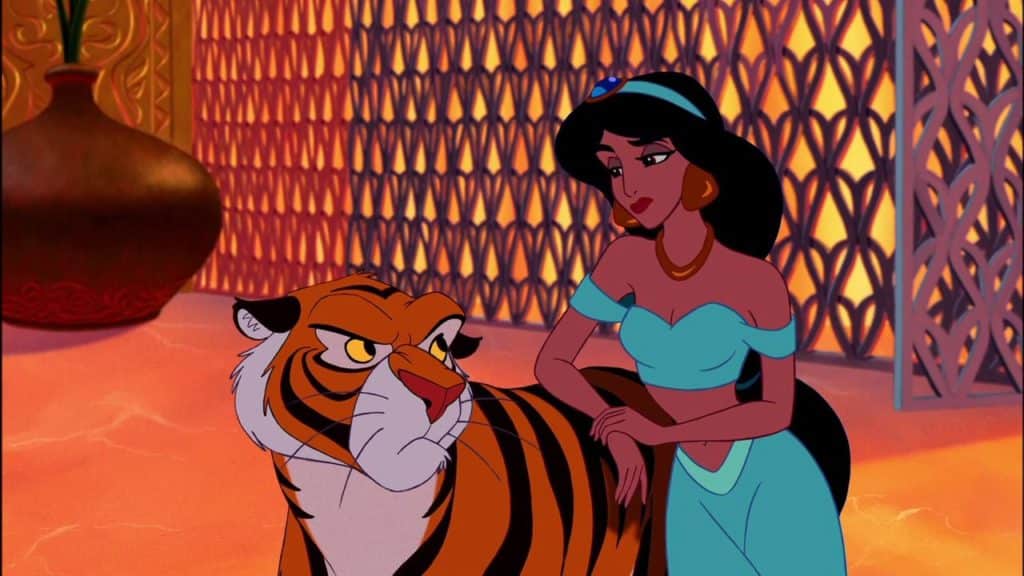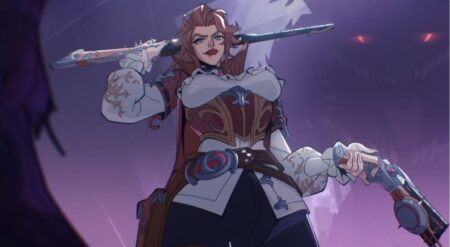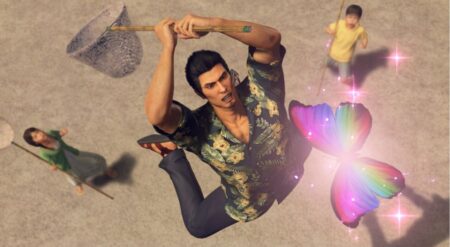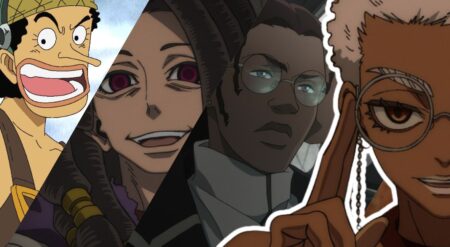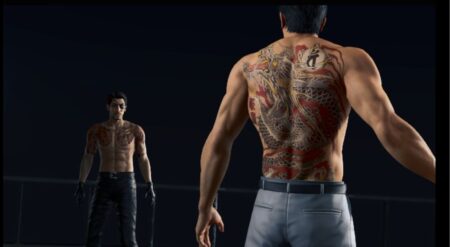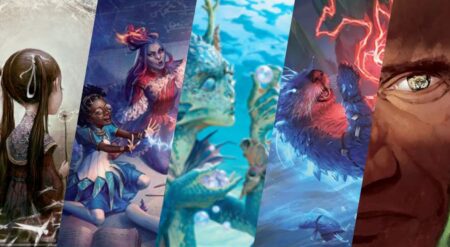
It’s been a week.
When you’re a fan and critic who advocates for representation, to experience a week as this feels like a mental and emotional beatdown. The landscape remains underrepresented for Black, Latinx, Middle Eastern, Asian, Indigenous, LGBTQIA+, disabled, and other minority populations. The first week of December hit me hard as a Middle Eastern and North African (MENA) fan and further illustrated how bad the film and television landscape is for people of color, even while strides are made.
A string of news stories this week highlighted the continued abysmal state of MENA representation. Despite my various issues with the movie, I was hopeful that the 2019 version of Aladdin, with its success, would result in a plethora of opportunities for the MENA actors involved. It made over a billion dollars so surely it would! In the same week that its leading man, Egyptian-Canadian Mena Massoud, revealed that he could not land a single audition after his billion-dollar movie, The Hollywood Reporter revealed that a feature on Prince Anders, the shoehorned white character in the Middle Eastern Agrabah, would have a spinoff on Disney+.
The inclusion of this character, who was essentially a version of the original’s Prince Achmed, seems like a calculated move to have this pointless spinoff. Disney executives made a movie that featured brown people and used it to create yet another white character and his feature. Massoud can’t land a single audition and his white co-star gets a show on a silver platter. This was extremely hurtful to see, and further highlights the systemic problems at Disney and other companies making these decisions. While it’s admittedly only one week of news, and the report did make note of an Aladdin 2 in talks, it is emblematic of the systemic racism that continues to pervade Hollywood. Opportunities remain abundant for white actors, but nowhere near as much for MENA peoples and other minorities.
Systemically, MENA actors are not allowed to be heroes or protagonists. Even when we are, it’s often still in a white-gazed Orientalist setting. Aladdin 2019, for all its issues, at least allowed roles for MENA actors in a prominent, multi-million dollar franchise, to not be (mostly) in villainously stereotypical roles. While there was certainly Orientalism abound, at least the characters were mostly portrayed positively. That’s a break from the norm, where MENA actors in regular prominent film roles are almost non-existent, with rare exceptions like Sofia Boutella and Rami Malek. Even for these amazing North African actors, their characters are either non-MENA, white-passing or stereotypical and Orientalist roles.
In the same week as the two pieces of Aladdin news, Netflix released a trailer for their upcoming movie Messiah. This stars Belgian-Tunisian actor Mehdi Dehbi as a cult leader from Syria that a CIA officer (Michelle Monaghan) must go up against, questioning whether his threat is normal or supernatural. Besides the stereotypical undertones that are already, there’s something even more problematic, and frankly stupid, that Netflix pulled here.
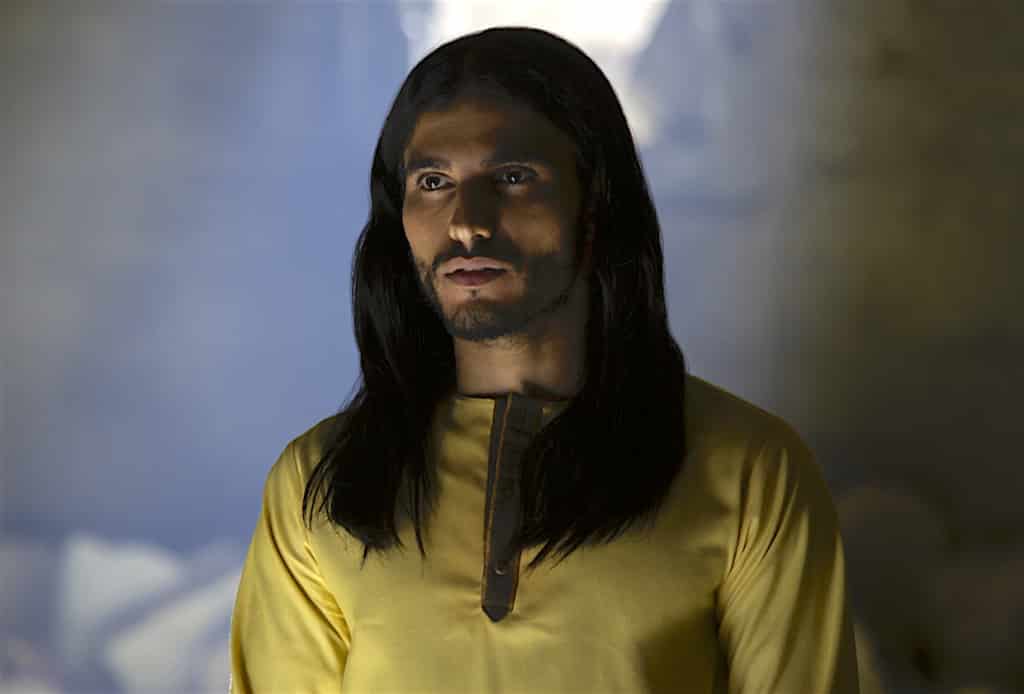
Michael Petroni, the white creator of the show, and his writers decided to name Dehbi’s character “Al-Massih ad-Dajjal,” which literally is Arabic for “the false/lying Messiah,” or as better known in pop-culture, the Anti-Christ. Social media swiftly called Netflix out on this. That was apparently going to be Netflix’s “big twist” with this series. Besides the rather insulting notion that no one in their audience could possibly speak Arabic while it’s the fifth most spoken language in the world, they decided to step up on how evil they could make their Arab character. Hollywood will never depict Jesus as brown as he was, but they’ll cast a brown man to play his evil counterpart.
When you look at the demographics of representation you find that 92% of scripted television shows in the US have no MENA regulars. When MENA actors do have the opportunity to play MENA roles, 67% are on crime or geopolitical dramas, and 78% appear as terrorists, agents, soldiers, or tyrants. Roles on the big screen are almost entirely absent, or likewise take stereotypical, Orientalist, and racist forms. If we’re not portrayed as terrorists, we’re exotic and unrelatable foreigners and other caricatures. Occasionally, we’re the supporter of the white protagonist, with little to no room for our own journeys. We’re just the “exotic mentor.”
Now, I don’t want to sound completely pessimistic. While this week felt dismal, there is still some progress being made on several fronts. Iranian-American Tala Ashe on DC’s Legends of Tomorrow has made waves as the first major Middle Eastern superhero on TV or film. Egyptian-American Ramy Youssef‘s Ramy on Hulu came out earlier this year to critical acclaim. Jinn, Netflix’s first-ever Arabic language series debuted earlier this year, portraying Jordanian teenagers dealing with a supernatural situation.
Tunisian-Dutch actor Marwan Kenzari, who played Jafar in the recent Aladdin film, will be starring in the upcoming Netflix film Old Guard. And, in even larger news, Iranian-American creator Suzi Yoonessi is slated to direct a Disney animated film, and Iranian-British writer Hossein Amini will be writing the Obi-Wan Kenobi series for Disney+, along with Deborah Chow directing. There are respites of progress.

Even so, it seems like that’s all they are: minute respites in a wave of a still-Orientalist Hollywood. It’s a scape that still sees MENA peoples as interchangeable, violent, exotic, and radical. It’s an environment that constantly eschews our humanity to make us caricatures. These examples are auspicious exceptions, not a new groundbreaking norm. But they also do provide a hint of promise and indicate what Hollywood must do to do better: be inclusive behind the scenes. Ramy and Jinn have MENA creators, leading to stories that do better to reflect the genuine experiences of MENA peoples.
Ramy Youssef himself pointed this out, saying that his series was only meant to represent his own experiences and not all Middle Eastern people. While I think his series should have developed its women better, his point is clear. We need more television series, films, comic book superheroes, and more to choose from and feel represented in.
I am hopeful in particular for Suzi Yoonessi’s upcoming Disney animated film and hopefully the stories and characters she could incorporate based on her Iranian-American background. There is a cultural richness that Hollywood and audiences miss out on by not having our people’s stories on screen, and I believe Yoonessi’s film could provide that first great opportunity.
Ultimately, things will change systemically when we have MENA creators as creators, producers, and executives. The same goes for any other minority population. We need people who have lived the MENA experience to tell the rich stories, tales, and fables from our region and diaspora. We need MENA storytellers who can show audiences the various joys, tragedies, histories, and overall experiences of our peoples both modern and past. Their writing and showing MENA people on the screen will result in better storytelling and genuine representation.

